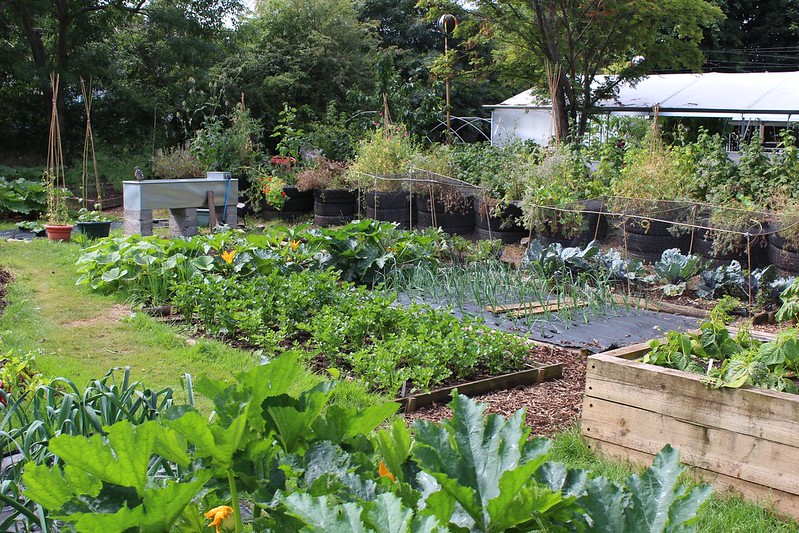Last Updated on
Are you thinking of creating your garden with homegrown vegetables? How hard could it be? Simply throw around and dig in a couple of seeds in the ground, isn’t that so? If by some stroke of good luck it was that simple! The following are 10 tips to consider before starting your garden.
Prepare Your Materials
Pick The Right Area Preferably, A Radiant Site!
Most vegetables need something around 6 hours of sunlight a day. A few vegetables like lettuce and spinach, and different greens will grow well in your well lit sunny spots, yet sun-loving plants like peppers and tomatoes need however much light as they can get. It can be near a window inside or out in the garden.
Keep It Up Close And Personal
An area close to your home will make it more feasible for you to tend your garden consistently and will likewise make it helpful to run out and pick whatever you want for a yummy meal. Besides, a well looked after vegetable garden will enhance the curb appeal of your house too.
Just Plant Things Your Family Prefers To Eat
There’s no sense in investing all your precious time, energy and cash in cultivating things you will not like or that will just go to waste!
Water Should Be Readily Accessible
Nothing wears out a Gardner more than carrying water to parched plants during peak heat hours. Think about investing in a quality hose with a sprayer connection or, far better, a drop irrigation water system.
Use Good Quality Soil
Great soil is the sure way into a successful vegetable garden. Plants rely upon the top soil bags and its nutrients for supplements, dependability, and seepage. To develop your best vegetable garden, begin with all around depleted, sandy soil and add however much organic matter to it as you can.
Amend Your Soil
Compost, well-aged manure, leaf mould will build the capacity of your dirt to both channels well and hold dampness – the sponge effect. Nonetheless, never utilize new compost! It can hold onto hazardous microbes and will consume delicate plant roots. Compost it for something like 6 months to a year.
Seeds Or Plants?
Most vegetables from the garden can be directly cultivated again where they are growing for example lettuce, carrots, beans, beets, peas , spinach, cucumbers. Things that take more time to deliver a ripe fruit do better with a head start. Buy transplants for peppers, tomatoes, eggplant, and melons or begin your own inside 6 weeks to about 8 weeks before growing them outside.
Plant Seasonal Veggies
Pick plant varieties that will develop in your peak growing season. Research the planting dates in light of frost dates and the length of the developing season in your region.
Keep your garden useful by planting quick growing veggies, for example, lettuce and beans and also relating to other areas as they’re harvested. Try not to plant everything at the same time!
Utilize Raised Garden Beds Or Holders
If you don’t have a lot of room to work with utilize raised garden beds or holders. Assuming you have unthinkably solid clay or rocky soil consider constructing a few raised beds which you can load up with good quality soil. Producing vegetables in small holders is another choice.
On the other hand, set down enormous packs of gardening soil in your sunniest area, punch seepage holes in the base, make a few cuts and pop in your sprouted seeds. You can line your driveway every spring. You can grow luscious peppers and tomatoes like this.


Reply